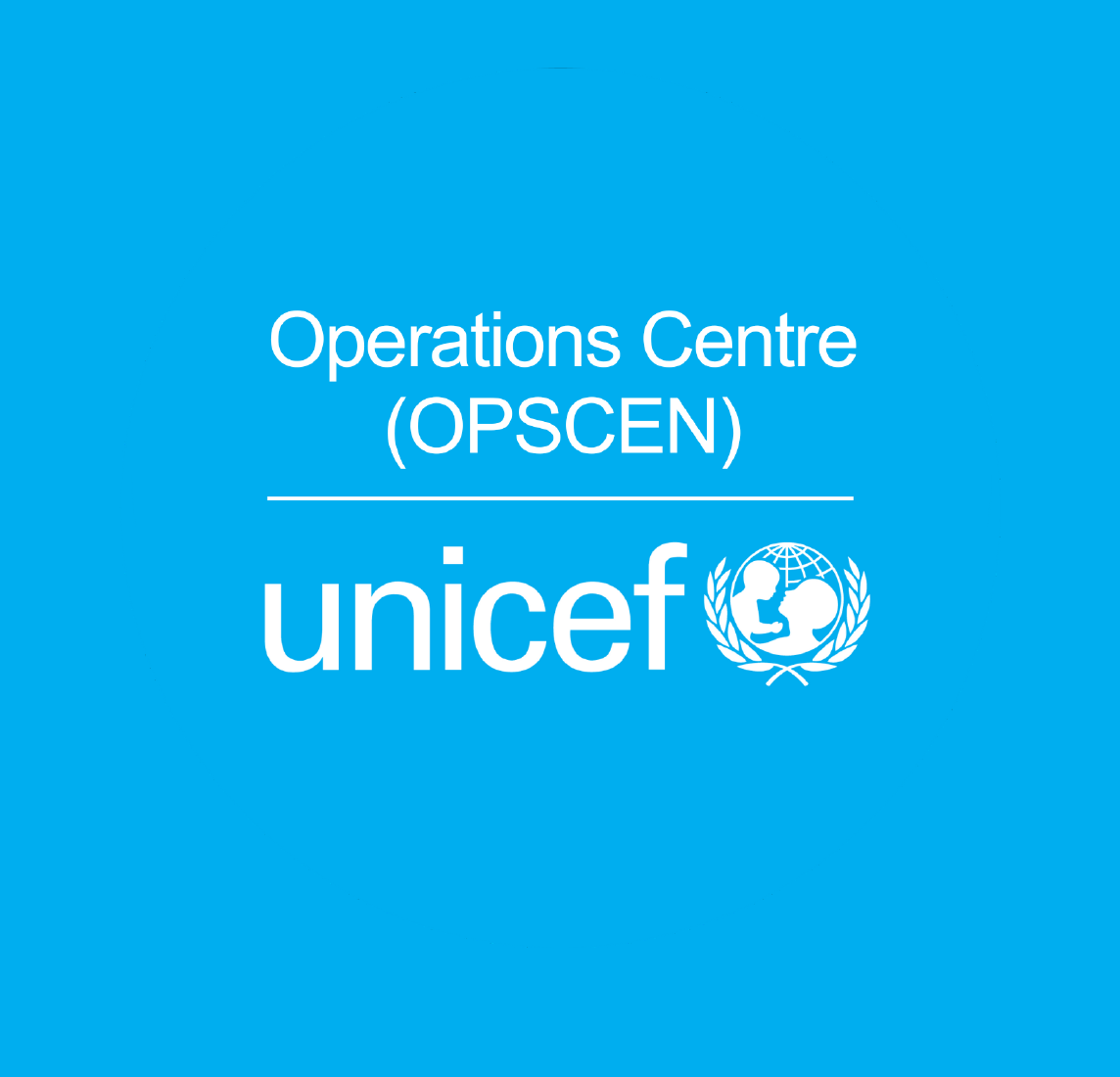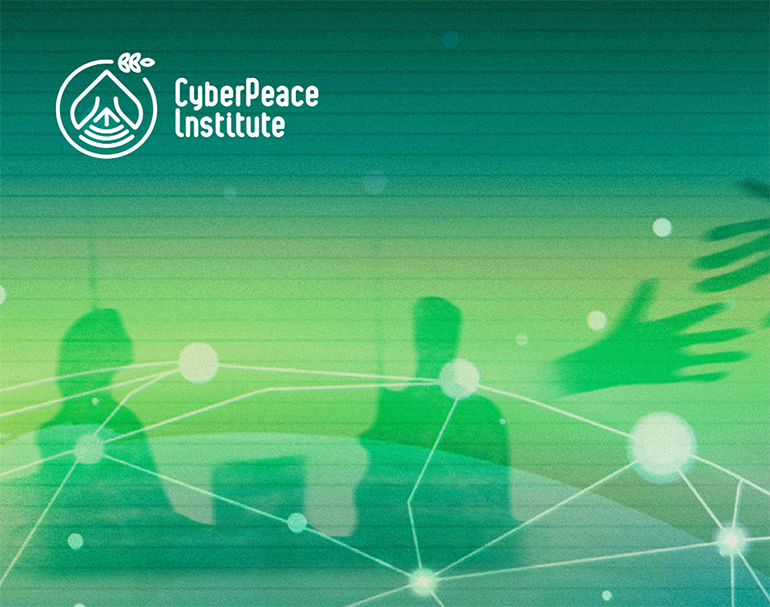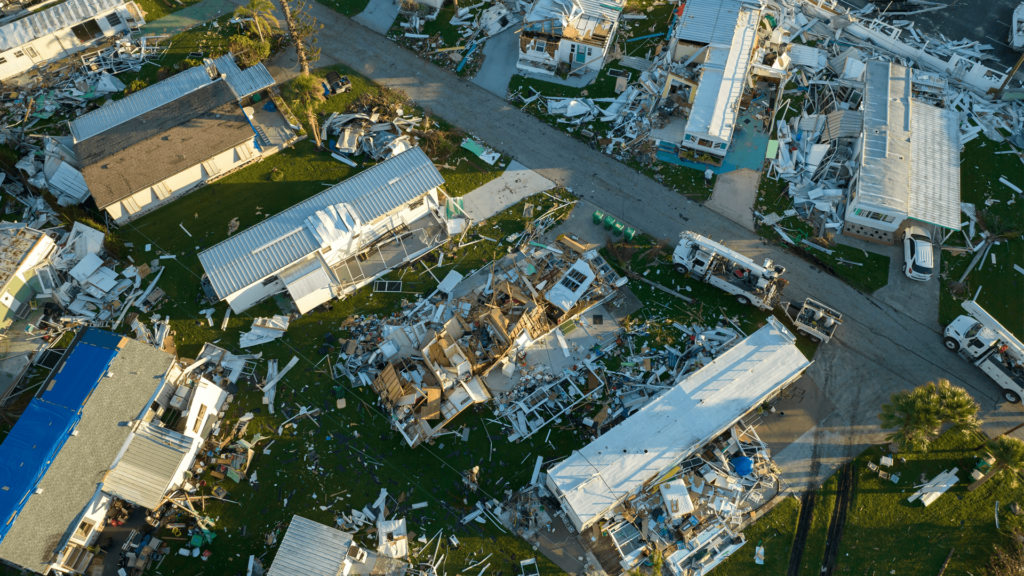About the United Nations Children’s Fund (UNICEF)
- UNICEF, the United Nations agency for children, works to protect the rights of every child, everywhere, especially the most disadvantaged children and in the toughest places to reach
- Established in the aftermath of World War II to provide essential aid to children at risk
- Across more than 190 countries and territories, UNICEF employs over 17,000 people
- Before, during and after humanitarian emergencies, UNICEF is on the ground, responding to several hundred emergencies a year, from conflicts and climate shocks to natural disasters and health crises
UNICEF’s Office of Emergency Programmes coordinates the organization’s global support for humanitarian action, providing a consistent and timely link between headquarters and the field. Since its establishment in January 1996, the 24/7 Operations Centre (OPSCEN) has provided essential information and communication services to UNICEF offices globally.
OPSCEN’s mission is to support UNICEF’s core commitments to children in humanitarian situations by delivering a range of real-time services. These services enhance global situational awareness, facilitate the sharing of critical emergency and security information, support vital and timely crisis communication, and provide the first point of contact for staff during crises and emergencies. Through these efforts, OPSCEN supports preparedness and response efforts for the safety of personnel and the effectiveness of UNICEF’s programs in humanitarian situations.
In 2023, UNICEF OPSCEN integrated Dataminr’s First Alert into their operations. We spoke to three members of the OPSCEN team to learn how First Alert has significantly enhanced the way UNICEF monitors and responds to global crises:
- Alokika Fernandes, Emergency Watch Associate
- Bradley Canham, Emergency Watch Associate
- Jacqueline (Pérez) Williams, Emergency Watch Coordinator
The challenge: detecting and reporting risks in real time
Before implementing First Alert, the team’s previous manual risk monitoring methods restricted their ability to detect early developments and events that could rapidly escalate into crises.
“Manually sifting through content to find relevant information, especially when we didn’t know exactly what we were looking for, was time consuming,” said Canham.
Their reliance on traditional media sources—which often delayed publishing news until full context was available—also limited the team’s ability to promptly update UNICEF headquarters and field offices on emerging situations. Additionally, conventional sources often lacked access to information from remote or underreported areas.
The solution: tech for real-time situational awareness
In 2023, based on recommendations from UNICEF security colleagues, the OPSCEN team added Dataminr’s First Alert to its toolkit.
“Our decision to integrate Dataminr into our operations was driven by its reputation for speed and accuracy in delivering real-time alerts from a wide range of data sources,” said Williams.
“[First Alert] has become a vital component of our daily workflow to maintain situational awareness of risk, enabling the rapid dissemination of alerts across the organization and ensuring that both country and regional offices have up-to-date information during unfolding events”.
Here is how the OPSCEN team uses First Alert:
- Enhancing and supplementing the team’s own alerts and sources to produce timely and high-quality briefs that inform critical-decision making
- Delivering real-time event updates to senior leaders, security and emergency teams
- Staying abreast of threats to UNICEF and/or UN organizations globally
3 key benefits of using First Alert
During our discussion, the UNICEF OPSCEN team members highlighted three key benefits of using First Alert.
No. 1. Early detection of risks
First Alert has greatly improved OPSCEN’s capacity to recognize early signs of critical events that could impact UNICEF’s operations and the security of personnel and assets.
Frequently arriving before mainstream news sources, First Alert’s real-time information allows the team to activate response protocols faster—often before a crisis is fully underway—allowing UNICEF to prepare for and mitigate potential impacts on staff and communities, especially children. According to the OPSCEN team, First Alert consistently serves as their first notification of critical incidents and events, becoming a primary catalyst in their workflow.
“This capability is particularly valuable in fast-moving situations where every minute counts, such as in sudden-onset natural disasters or security incidents,” said Canham about First Alert’s importance in safeguarding lives and ensuring a rapid humanitarian response.
No. 2. Improved collaboration and decision making
With access to First Alert’s real-time data, the OPSCEN team can swiftly distribute relevant information to key stakeholders across headquarter, regional and country offices, helping them stay informed and make faster, more effective decisions.
This shared access to real-time data enables synchronized responses across multiple teams, who can immediately begin collaborating with a common understanding of the situation. Teams can evaluate risks more accurately and tailor interventions based on real-time information, boosting the speed and efficacy of UNICEF’s crisis responses.
No. 3. Broader event coverage
First Alert’s global and hyperlocal 24/7 coverage is vital for UNICEF, which operates worldwide, often in unstable regions. By delivering alerts generated from over a billion public data sources—including social media platforms that may not be covered by mainstream media outlets—First Alert expands OPSCEN’s situational awareness with a more detailed and granular perspective.
Moreover, team members are able to keep up with multiple incidents, events and locations simultaneously without the need for manual searches.
“This helps us save time and be more efficient in staying on top of risks, thus allowing us to focus on producing more timely, proactive and detailed reports,” said Fernandes.
Real-world applications of using First Alert in global crises
When civil war erupted in Sudan in April 2023, one of the challenges UNICEF faced was the task of evacuating personnel and their dependents at short notice, while maintaining the office’s critical work for children and families. With the situation constantly changing, OPSCEN relied on First Alert’s real-time information on incidents affecting the evacuation routes. This information was essential in informing the security teams in the field about road safety conditions during the evacuations.
Read More: The Sudan Crisis: How Dataminr Helped NGOs Safely Evacuate Humanitarian Workers
In recent global conflicts, such as the Israel-Gaza and Russia-Ukraine wars, the OPSCEN team relied on First Alert to stay informed—in real time—on major airstrikes, expansion of hostilities, new evacuation orders, and the status of humanitarian access and border crossings. With this information, the team could rapidly contact UNICEF teams on the ground to confirm staff safety and provide support as required for effective response.
Since implementing First Alert, the OPSCEN team has been able to facilitate faster and more coordinated risk-informed decision making, enhancing UNICEF’s global crisis preparedness and response. As humanitarian crises grow in frequency, scale and complexity, crisis coordination centers like UNICEF’s OPSCEN are increasingly reliant on advanced technologies to support their work.
Discover First Alert
See how public sector organizations and agencies use First Alert to stay ahead of breaking news and high-impact events.
Learn More



